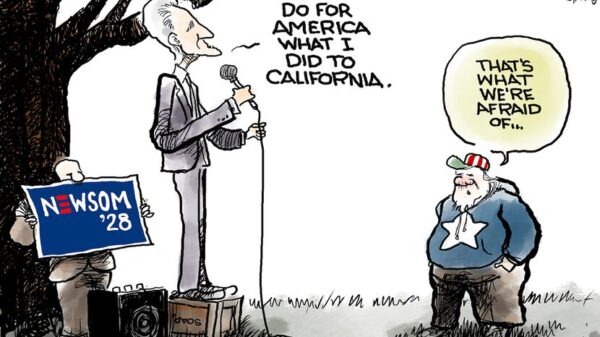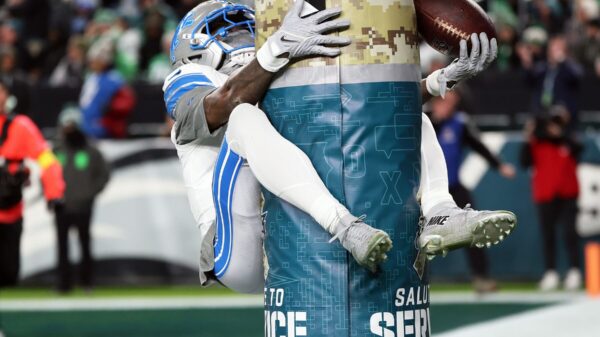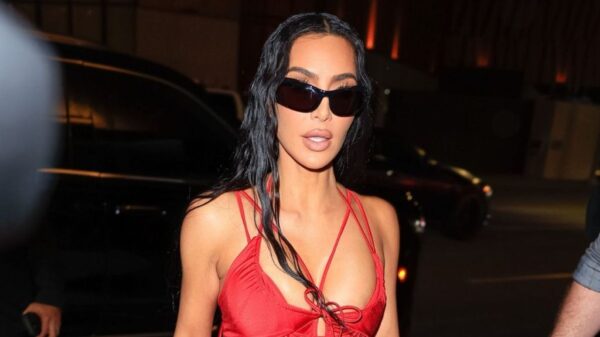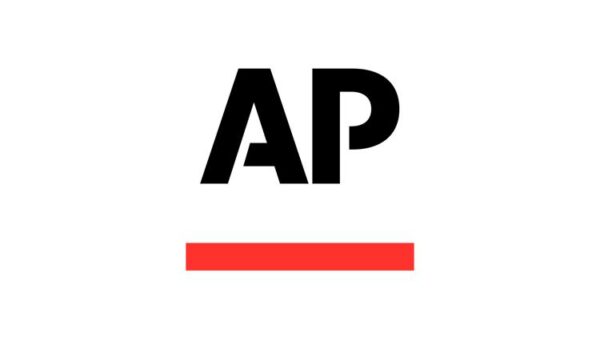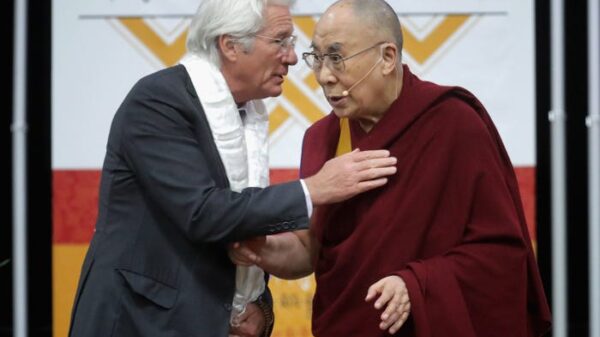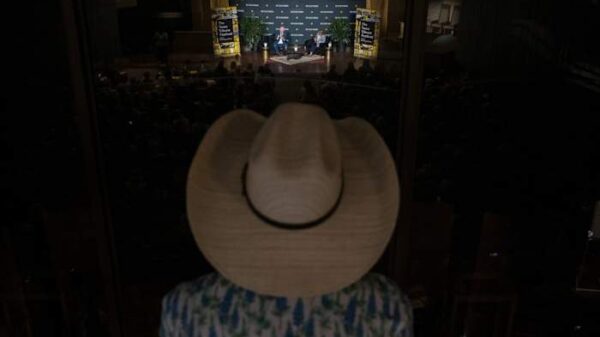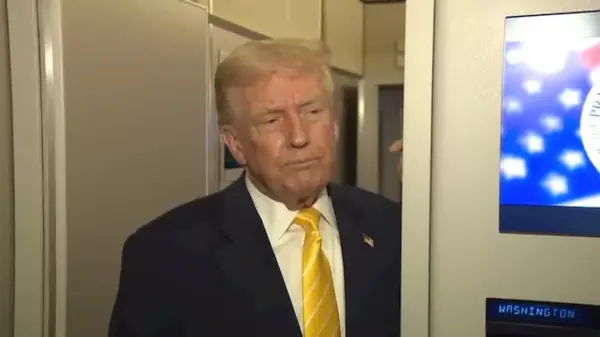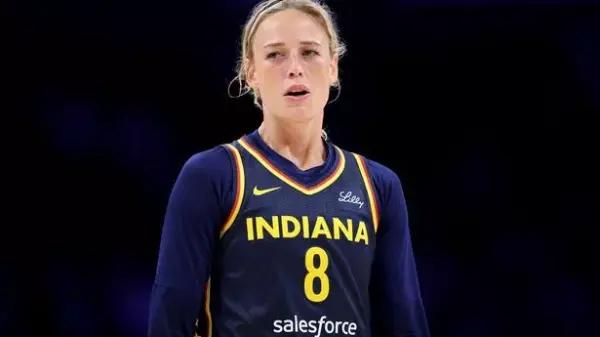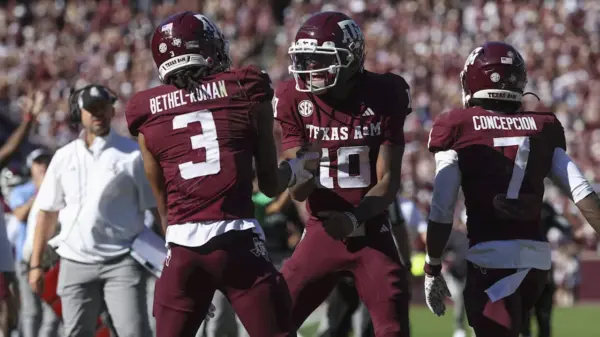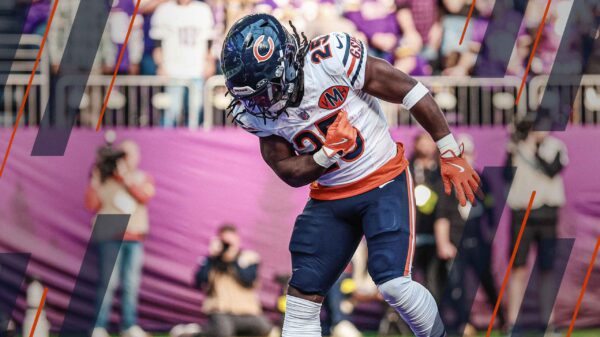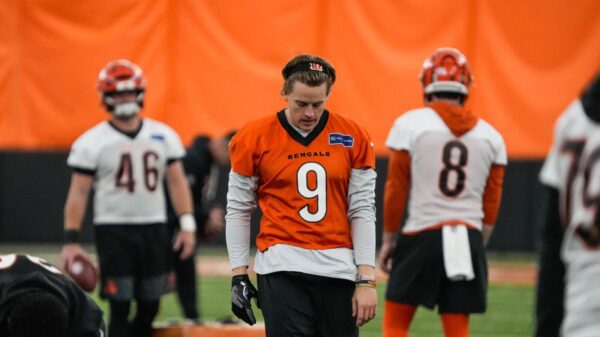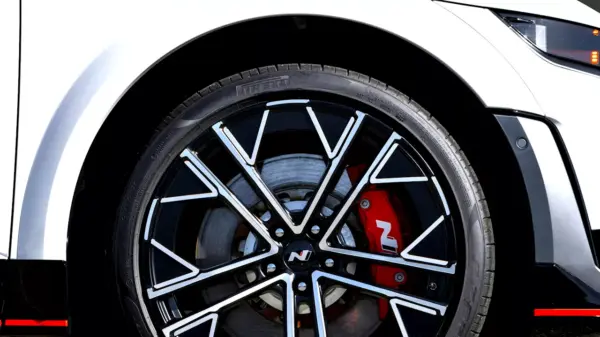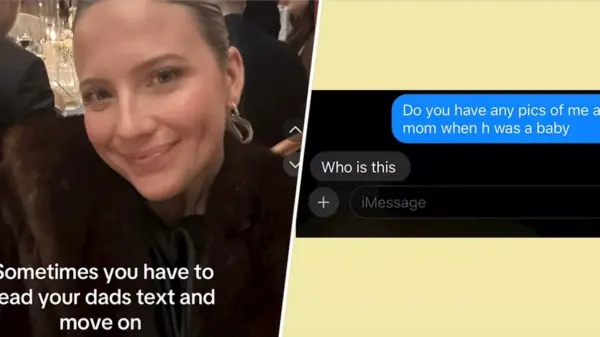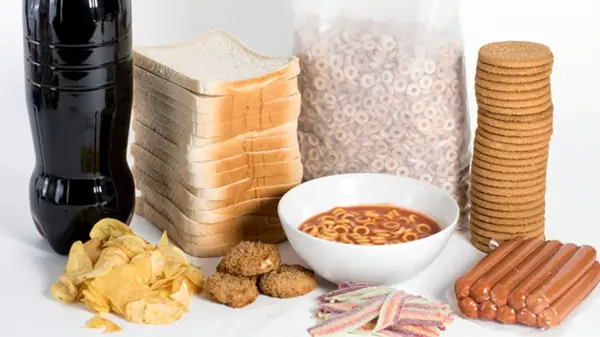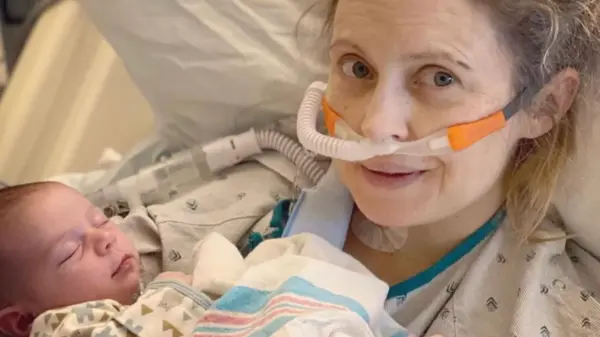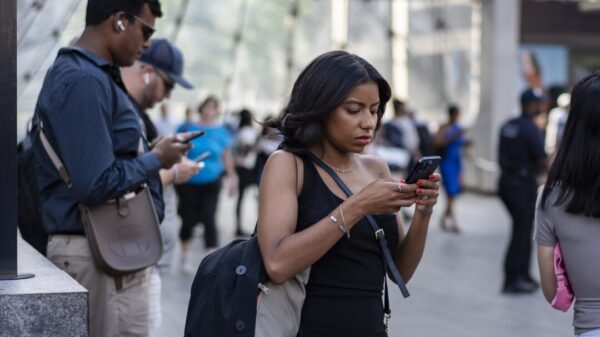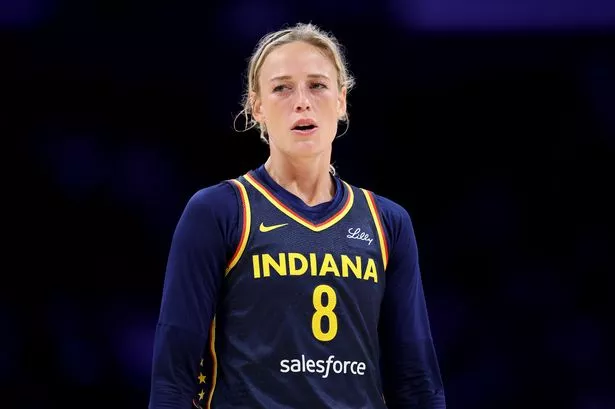Veteran guard Sophie Cunningham has expressed serious concerns regarding the future of the WNBA, particularly as negotiations over the College Bargaining Agreement (CBA) remain stalled. Speaking shortly after an appearance as Caitlin Clark‘s caddy at an LPGA event, Cunningham addressed the league’s uncertain trajectory at a Manhattan sports bar.
Cunningham, who was traded to the Indiana Fever for the upcoming season, averaged 8.6 points and 3.5 rebounds before suffering a season-ending MCL tear. Reflecting on the current situation, she stated, “There is a lot of uncertainty. With CBA, with the money, if we’re even going to have a league next year.”
The 29-year-old emphasized the challenges players face as they attempt to maintain their core teams while navigating financial pressures. “When money is waved in people’s faces, you just never know,” she added. “If we do, I think that we just have to stay healthy. We have to keep building, day by day. And I think we have a good shot.”
Cunningham also addressed her own future with the Fever. “We’re all still keeping in touch, but obviously there’s not a lot to talk about on our end until there’s a new CBA. And I think that’s how it is across the league,” she noted.
The crux of Cunningham’s worries lies with the ongoing CBA negotiations. “I think the last meeting was about two weeks ago,” she said. While acknowledging that league executives are in daily communication, she lamented the lack of significant progress. “There’s been much movement. I think at least there’s communication. So that’s the biggest thing for us.”
As negotiations continue, the stakes remain high. Key issues such as salaries, revenue-sharing, and the overall sustainability of the league for the next season hang in the balance. Cunningham raised critical questions about the long-term viability of the current financial model. “It sounds good and they can always wave a big number in your face. But what happens when the business continues to go up? Does that mean our salaries are going to continue to go up, or will they stay the same? That’s been our biggest thing, revenue share.”
Cunningham also touched on the emergence of alternative opportunities for players, specifically mentioning “Project B,” a newly announced women’s basketball league offering multi-million-dollar contracts. “I don’t know too much about it. You see stuff on social media, but I also know how social media goes. So you got to take it with a grain of salt. But, you know, if people are going to be paying you multi-million dollar deals, why would you not?” she questioned.
As the WNBA grapples with these challenges, Cunningham’s candid insights highlight the urgent need for progress in negotiations. The outcome will not only shape her future but also the future of the league as a whole. The 2025 season is approaching, and players, fans, and executives alike await clarity on this critical issue.




